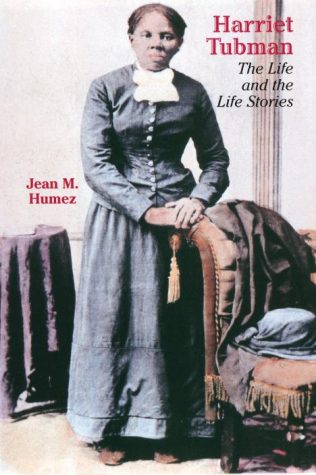The Mires of Mystery Fiction
October 8, 2003
The world of detective fiction has seen a rise in cookie-cutter mysteries. The current trends run towards historical, set-in-the-period thrillers, although the independent, headstrong female sleuth is still a popular moneymaker as well. However, it’s with one standard and one upstart that we find novels that won’t strain the brain.
Sara Paretsky, one of the first to focus on the female private eye and a popular staple of the genre, has come out with her latest, Blacklist, two years after her World War II-based thriller, Total Recall. Her character Victoria Iphigenia (V.I.) Warshawski was made into a forgettable B-list movie of the same name sometime back in 1991 and played by Kathleen Turner.
Blacklist, which started out as a somewhat obsessive novel about the conspiracies of September 11, quickly degenerated into a disorganized jumble of patriotic drivel and Constitutional ideology. The novel attempts to give us a feel for the chaos and contrast of Chicago’s black-culture and white-privilege struggle during the McCarthy Era. Except we end up in the petty extramarital squabbles of the publishing mogul Bayards vs. the blue-blooded Grahams, or more specifically, a socialite catfight between grandmothers.
“Blacklisting” was a practice of firing and preventing those who were thought to be communists from getting any employment in the days when it could be a punishable offense. Paretsky gives a well-researched feeling for the 1950s and manages to encompass the attitudes towards homosexuality when she isn’t focusing on politics, racism, or the state of the world.
Paretsky tries to convey the racist, elitist attitudes of the day, the inequity within society, but forgets her purpose midway through. As she takes us back to the bed of white privilege that she tries to decry, she leaves us to believe that Marcus Whitby’s death was just a convenient excuse for injecting a bit of commentary on government trespasses. She tries to capture too many themes under one umbrella and ends up with a half-assed treasure trove of incomplete sound bites that would make a better nonfiction essay than a novel.
Total Recall had the same weaknesses in plot that Blacklist suffers – a lack of focus and the weightiness of an overarching social theme. Paretsky, though competent and capable of writing clever bits of dialogue, would be best served if she stuck to creating a framework based on the old-fashioned aspects of the genre, like clues and evidence, and less on historical commentary of man’s evil against man.
If you aren’t too annoyed by the paranoid conspiracy theorist’s angle or the frequent obsessing over the unfairness of the world, then you’ll be able to sit down and enjoy some of the spicier aspects as the novel tends to read somewhat like a Jacqueline Susann novel with all the casual sex and infidelity.
D.W. Buffa, a newcomer to the court drama scene dominated by commercial bestsellers like John Grisham and Robert Ludlum, emerges with Star Witness, a look at the whores of Hollywood, directors and clerks alike. Defense attorney Joseph Antonelli, the indomitable and amoral lawyer who will defend anyone, moves to star-studded California from provincial Oregon and gets a firsthand taste of infamy when director Stanley Roth is accused of murdering his wife, starlet Mary Margaret Flanders. Roth declares that he made her into what she was and now he’s on trial for supposedly “breaking” her.
Buffa’s work takes the usual route of exploring the boundaries between power and justice as well as the manipulation of the latter by the former. Even with a guilty or innocent verdict in Buffa’s novels, there is always a twisted fate for those who may have gotten away with a crime in the courtroom. Antonelli is not above bending the rules and exploiting the loopholes of the legal system. He’s the kind of man who knows that the jurors are his adversaries and that he must deceive them rather than befriend them.
Antonelli makes no apologies for outwitting the public and, in some ways, seems to revel in it. However, he meets Roth and realizes that he is just as fascinated as the rest of the public by the aura of mystique that surrounds the famous, but he also tires just as quickly of their trite, superficial approaches to life. In this sense, Buffa is no different in his attitude towards the famous by assuming their shallowness; it’s the mechanics of the public mind and the psychological power of the movies that he focuses on.
Buffa will never be a consistent bestseller like Grisham; his appeal is a little too unusual. Grisham’s novels are fairly cut and dry. In Buffa’s novels, Antonelli or the rest of the “good guys” can be just as guilty as the defendant. The cynicism is pervasive; there are no victims, just perpetrators of crimes varying in scale.






















































